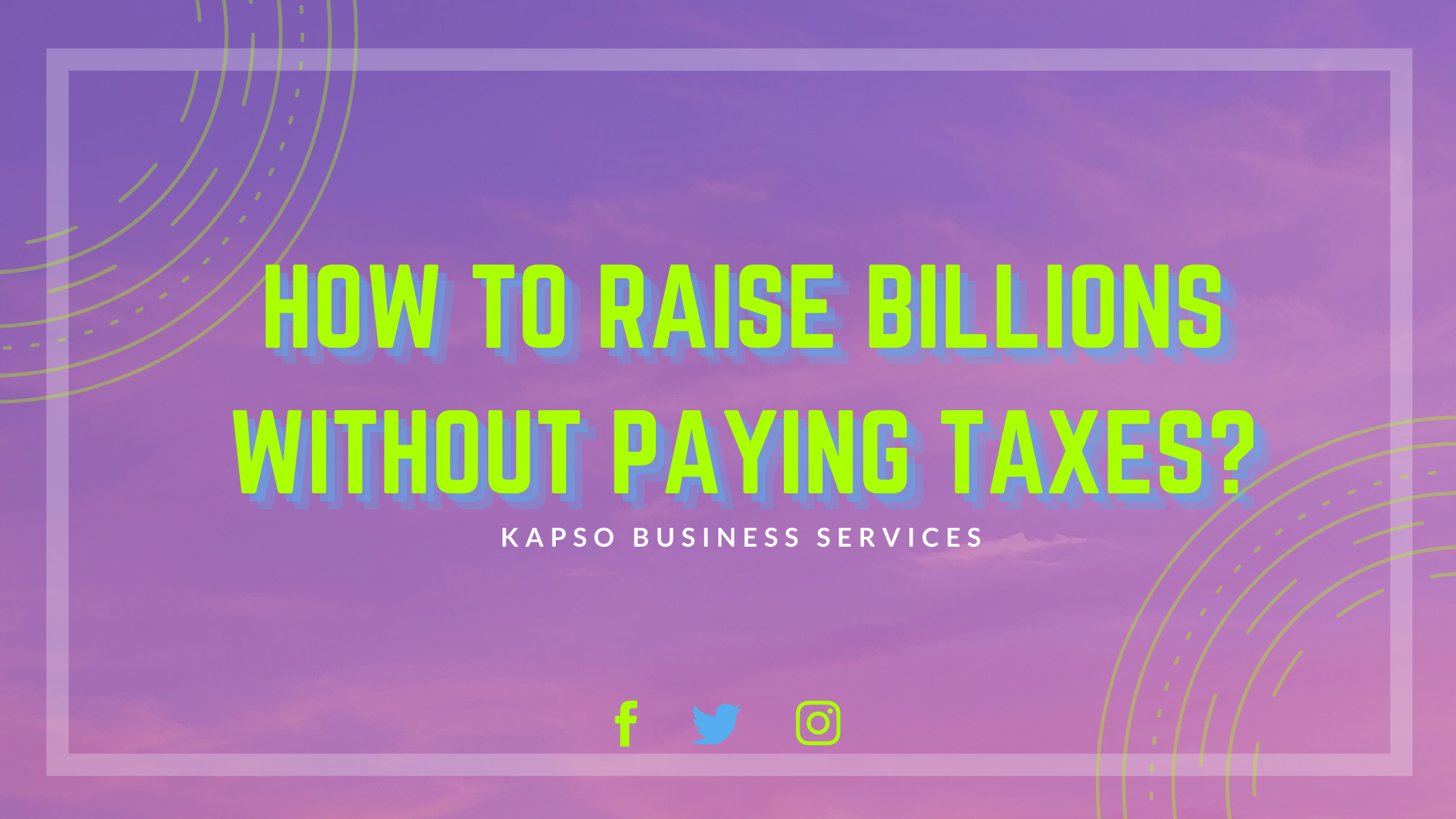How To Raise Billions Without Paying Taxes?
Efficient restructuring and organising, helped Reliance Industries Ltd & Jio Platforms reach multiple objectives
RIL and Jio Platforms will not be paying any taxes on their stake sales.
Between April 22nd and July 15th this year, Reliance Industries Ltd (RIL) declared the biggest & quickest way to raise money so far in India. More ₹1.5-lakh crore through a stake offer of around 33 percent in its subsidiary Jio Platforms to 13 Big-Time Investors from all over the world..
Documents of Jio Platforms on the Ministry of Company Affairs (MCA) portal show that neither RIL nor Jio Platforms might be paying any taxes on the stake deals that occurred at the highest possible valuations because of the smart efficient & swift structuring.
Total equity value as of March 2020 of Jio Platform’s consisted of equity share capital (₹4,961 crore) in addition to other equity (₹1,77,064 crore). (OCPS) optionally convertible preference shares issued to RIL was The ‘other equity’ . It was before accepted that when investors purchased stake in Jio Platforms, they were given equity shares by changing over the OCPS held by RIL. Thus, the measure of OCPS would have diminished while the share capital expanded, keeping the complete equity constant. Accordingly, dilution of prior shareholders (aside from RIL) didn’t occur when shares were given to new investors. Hence, the stake deals appeared to have been organized like an exchange of shares from RIL.
Evading the tax
However, this course of action would have left RIL obligated to pay capital gains tax as it would have sold equity shares changed over from the OCPS that it held in Jio Platforms to the investors at a premium price. The additions on such exchange of protections would have been classified as short-term (taxed at the most elevated relevant rate, more than 30 percent), given that Jio Platforms was incorporated just before the end of last year. Not a decent circumstance for RIL — one that could have risked its arrangement of turning out to be net-debt free.
The potential tax torment appears to have been avoided by a basic technique — new issue of shares by Jio Platforms to the different investors. To Facebook, the first investor, and furthermore a strategic one, Jio Platforms gave both equity shares and 0.01 percent CCPS (compulsorily convertible preference shares) at ₹488.34 per share. Google, the most recent investor and furthermore a strategic one, was given equity shares at a similar cost — ₹488.34 each. The equity shares various investors were given at a higher cost of ₹549.31 a share summing up to a total of ₹1,52,318 crore, Jio Platforms redeemed OCPS worth ₹1,29,046 crore
RIL got reimbursed a lump of its OCPS, consequently diminishing its own net-debt position altogether. The redemption of OCPS held by RIL is basically reimbursement of funds invested by RIL into Jio Platforms, and thus won’t be taxed.
Jio Platforms could hold a segment of the funds for its own objectives.
Since the shares were issued by Jio Platforms, RIL won’t need to pay tax on the stake deal.
Jio Platforms, as well, would not need to settle tax however it gave shares at a clean premium — that is on the grounds that the evaluating of the shares considered their reasonable worth dependent on the report of an autonomous valuer.Even if the shares’ deal cost was higher than the reasonable worth, the tax law gives concessions if the purchaser is a non-inhabitant investor.
When the shares are issued at a price which is higher than the fair value, then the amount in excess of the issue price over the fair value, is deemed to be income in the hands of the issuing company per Section 56(2)(viib) of the Income Tax Act. But when shares are issued to non-residents (foreign institutional investors and strategic foreign investors) this provision is not applicable . As such, when shares are issued by the company to non-residents investors, there is no tax liability for the issuing company on this account, thus there is no tax obligation.
No dilution of investor stakes
However, when new shares were given to new investors, how did the shareholding of the previous investors not get weakened?
Jio Platform’s modified Articles of Association (AOA)say that other than RIL or any of its allowed transferees ‘No dilution of any shareholder’ will happen due to any allowed share exchange (subsequent to considering the conversion as well as redemption of any OCPS regarding such allowed share exchange).
Jio Platforms has chosen the path of ‘incremental equity financings’.
‘Incremental equity financings’ and ‘conversion share sales’ are permitted share transactions in the amended AOA. The former refers to fresh issue of shares to new investors while the latter refers to shares issued to new investors by conversion of OCPS held by RIL.
Start-Up Fundraising Style
Likewise, Jio Platforms appears to have decided on a model adapted by many new businesses that raise capital from a progression of investors inside a period window. In this model, an organization concurs with investors that a specific number of shares, eventually representing a certain percentage of the fully diluted share capital, will be allocated to them toward the finish of the raise support from various investors. Amendments are made to the capital structure to keep up the concurred shareholding of investors, if required.
Thusy, prior investors don’t get their stakes weakened when new investors are acquired. On account of Jio Platforms, however the arrangements with the various investors were reported on different dates, the shareholder resolutions for the allocation of shares to all the investors were passed on 6th July 2020.
It is indistinct however how RIL and Jio Platforms in their June quarter results stated that after cumulation of these investments, RIL would hold 66.48 percent in Jio Platforms. Passing by the reports on the MCA site, RIL’s holding in Jio Platforms after the stake deals ought to be 66.96 percent — a distinction of about 0.48 percent that converts into ₹2,400 crore.



